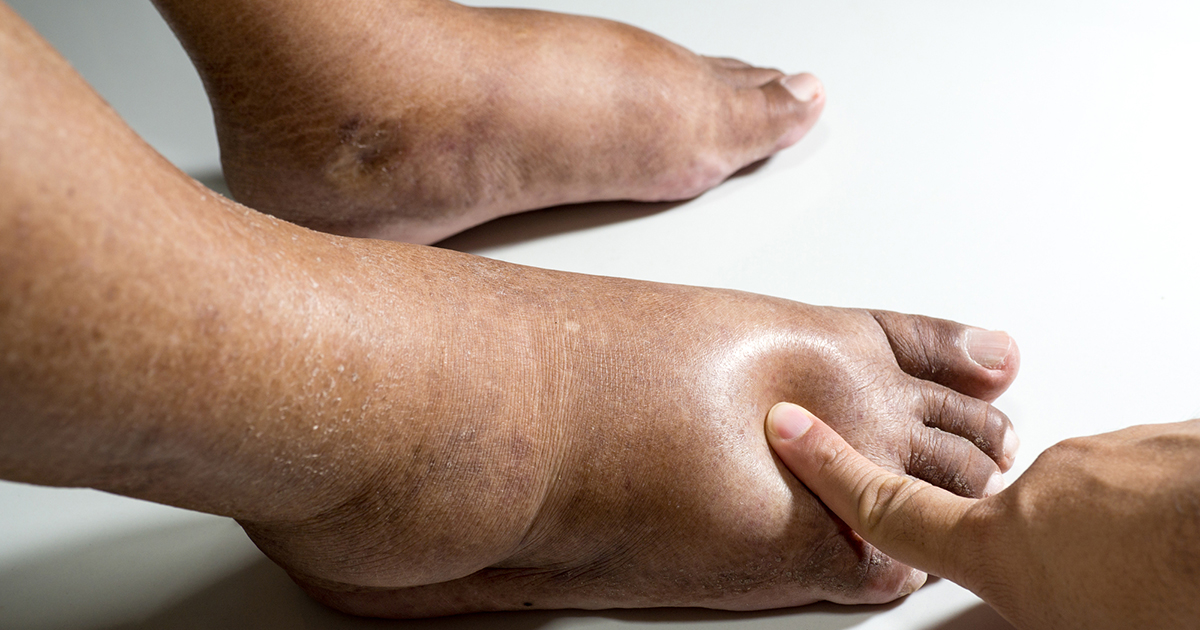Guide To The Causes And Symptoms Of Kwashiorkor
Kwashiorkor is a serious form of malnutrition that, if left untreated, can cause weakness, immune system failure, developmental delays in children, and even death. It is rarely seen in developed countries, though it can still be found in developing countries, especially those suffering from drought or famine, or in societies unfamiliar with the basic principles of nutrition. Fortunately, kwashiorkor can usually be treated with a special diet, and most victims will recover if they receive treatment early enough. If the patient is not treated in time, however, kwashiorkor can cause permanent disability from muscle and organ damage. Get to know the major causes and symptoms of kwashiorkor now.
Lack Of Protein In The Diet

The cause of kwashiorkor is simple: insufficient dietary protein. This can occur in cases where protein is hard to get, or in cultures where the traditional diet is heavy on starches and other carbohydrates and light on typical sources of protein. Children are especially vulnerable to kwashiorkor because they need protein to fuel their body's growth and development, but it can strike anyone who is not getting enough protein. In developed countries, a lack of protein in the diet is usually a result of poverty, neglect, or abuse, such as parents not knowing, or not caring, how to feed their children properly. Of course, not knowing the wide variety of protein sources, particularly non-meat sources, can increase the risk of kwashiorkor in individuals who follow a vegetarian or vegan diet.
Edema

One of the most visible signs of kwashiorkor is edema (swelling) of the hands, lower legs and feet, face, and stomach. This is because the body needs protein to properly regulate the movement of fluids in the body. A lack of protein in the blood makes it harder for the body to reabsorb fluids, and as they build up, the tissues swell. This can be painful and make it difficult for individuals to move, as well as interfering with circulation. The swollen gut characteristic of kwashiorkor can also be caused by an enlarged liver; a high-carbohydrate, low-protein diet can lead to excessive fat deposits in the liver, causing it to swell.
